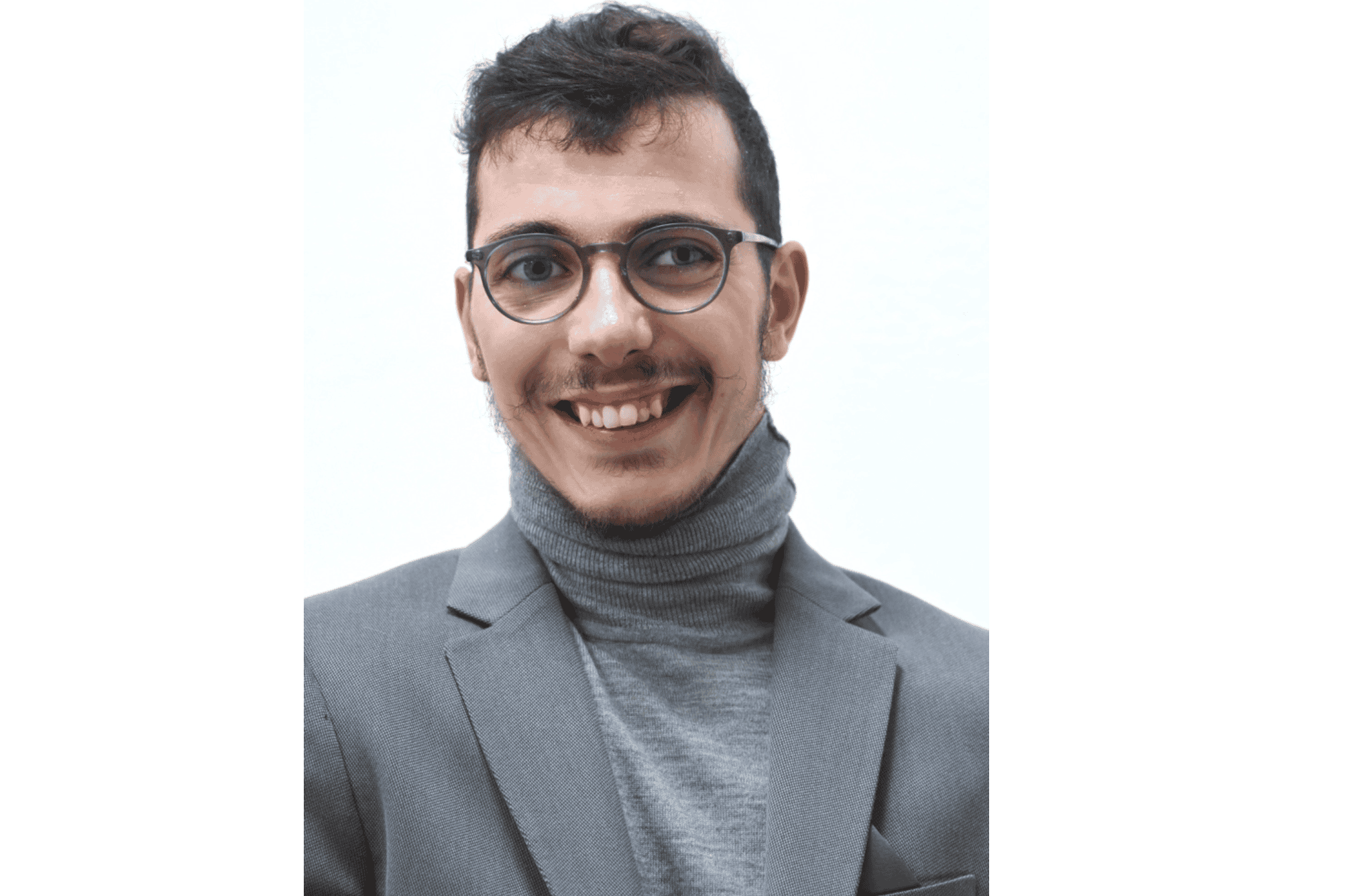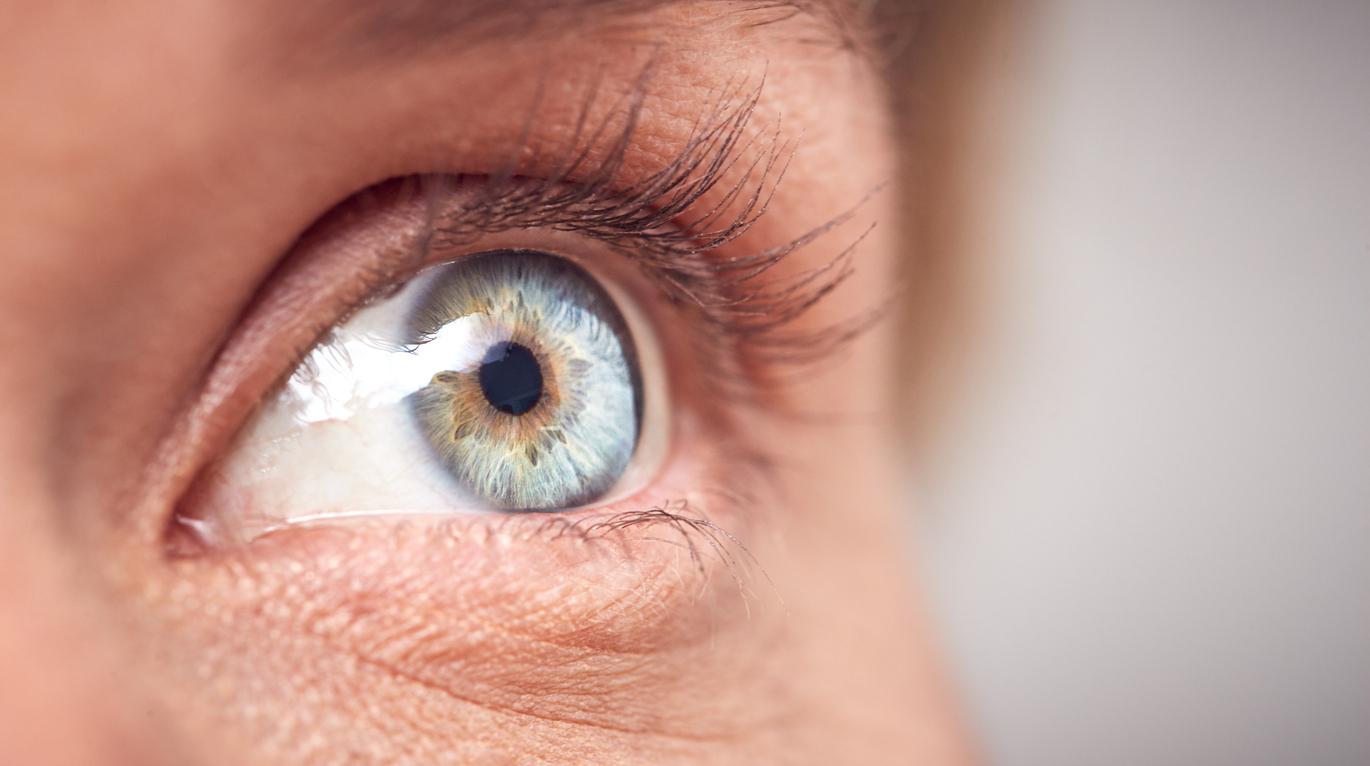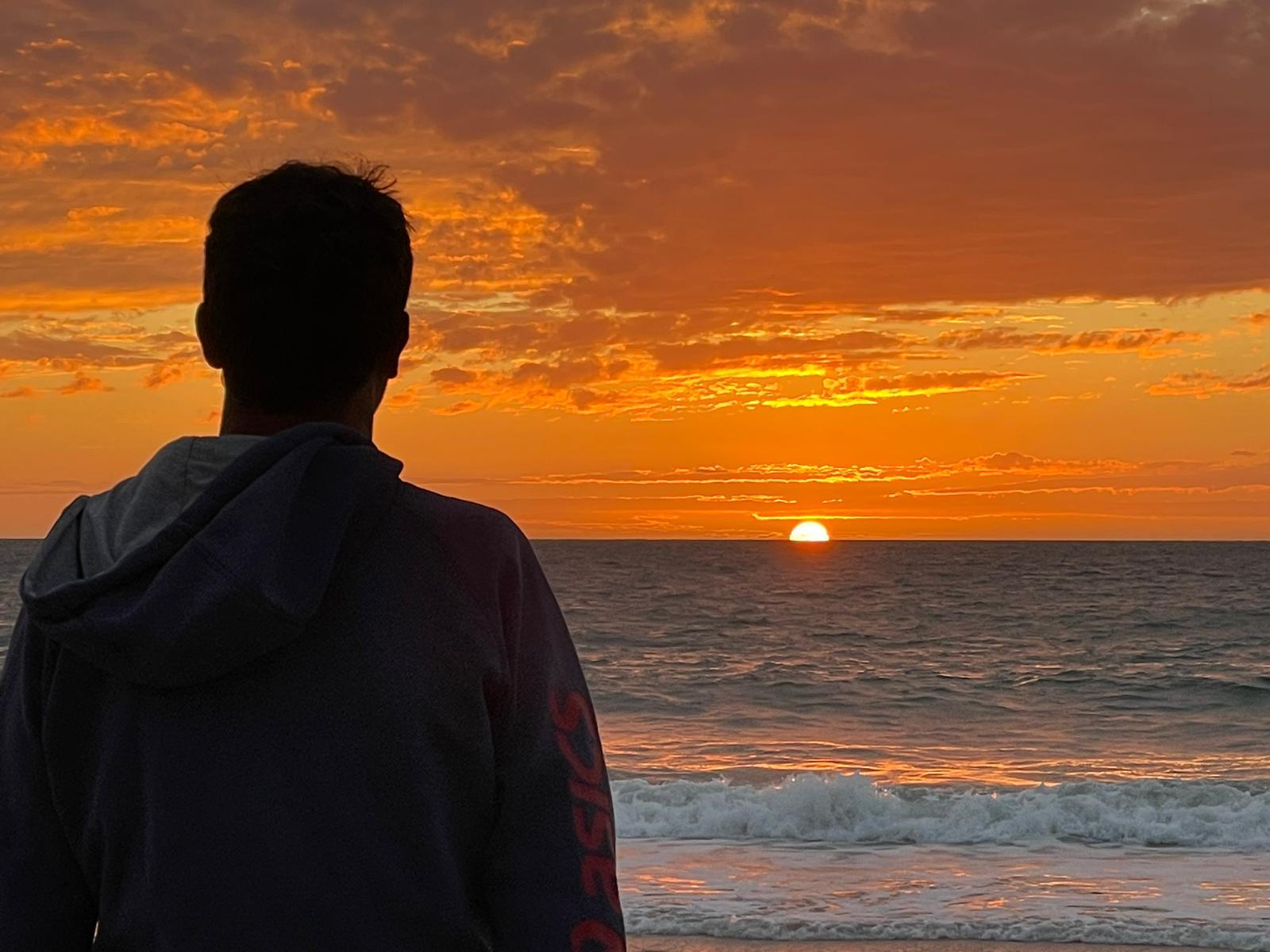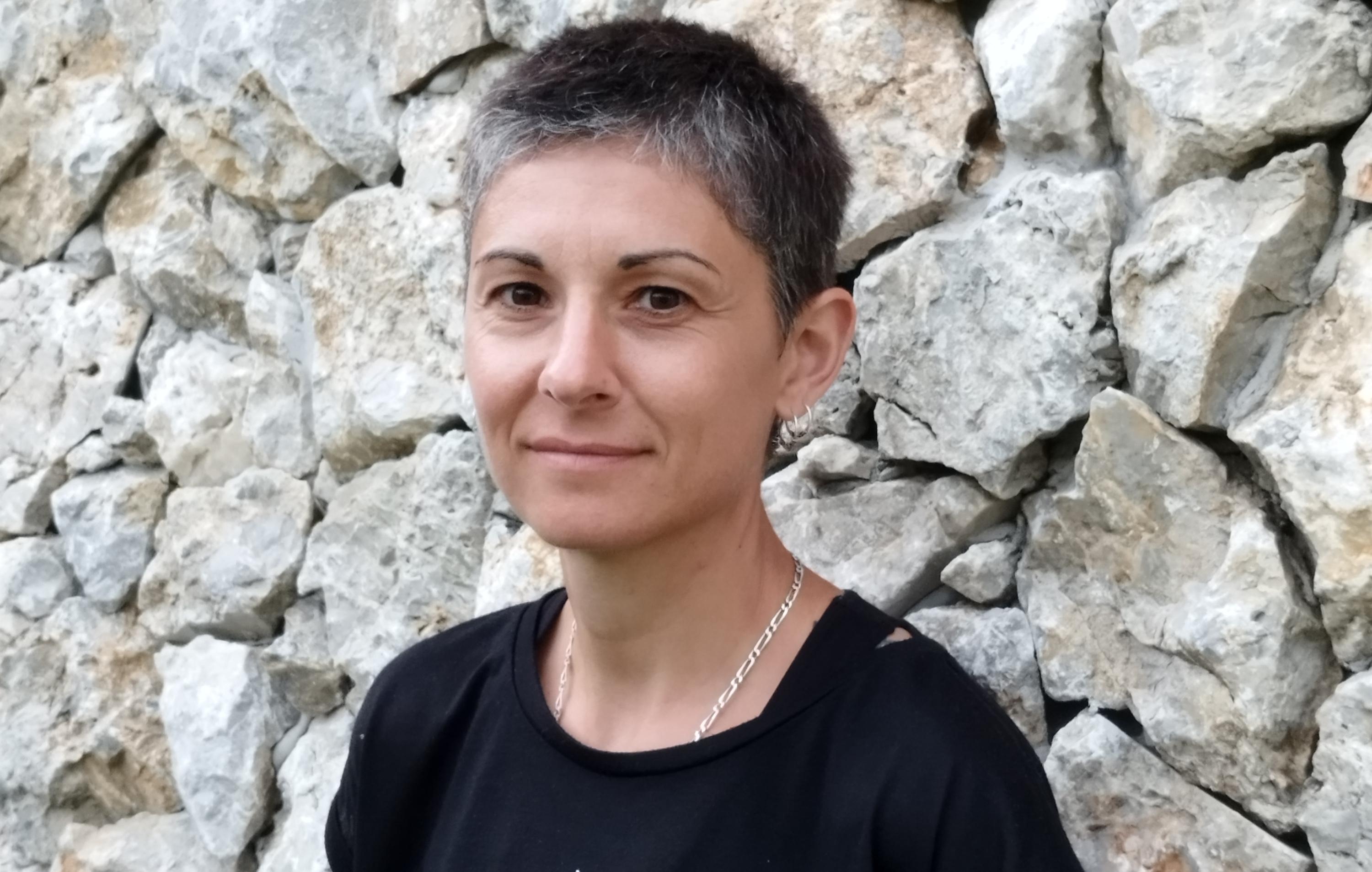Gautier, suffering from cerebral paralysis, is one of the first experts in France. But what is it? He goes to meet students from training centers for care professions to change the gaze of future professionals on disability. He confides in his experience in why doctor.

- Gautier has brain paralysis. This disorder appeared at birth as a result of irreversible lesions that occurred on his brain.
- He has just finished training as an expert in use.
- He thus meets future health professionals to give them the needs of people with disabilities.
Gautier has brain paralysis. This handicap, linked to lesions that occur in a developing brain, occurred – as in 80 % of cases – at birth. This 29 -year -old is well decided today to prove that “Handicap is neither a brake nor a problem”. This is why he got involved in the associative world very early, and above all, became an expert in uses, a diploma training carried out by the federation cerebral paralysis France.
Cerebral paralysis: “I tried to find my place as a citizen”
Very early on, Gautier was taken care of in the medico-social system. He was supported in a specialized establishment from the age of 3 and was able to benefit from a shared education. He was thus one of the first students in France to have had school aid in class, a device today known as the accompanying students with disabilities (AESH).
“Thanks to the establishment and all my rehabilitation in this center, I was able to emancipate myself, from the center and go to a higher study. I did a professional baccalaureate in customer relations and then a health and social BTS “”explains the young man. Like any young graduate, Gautier then sought to return to the active world.
“I tried to find my place as a citizen by trying to work like everyone else. But it was really complicated to combine handicap, care and work. I looked for 2 or 3 years what to do.”
The answer appeared about 5 years ago via a telephone call from the former director of the Institute of Motor Education (IEM) that he frequented as a child. “He said to me: we are looking for people to volunteer for the association. I said why not. I started to provide my testimony. Then, I joined the board of directors of the ‘Association of assistance to the northeast cerebral engines (AAIMCNE). I feel useful “explains Gautier.
This committed path led him to the Academy of User Experts.
User expert: “The objective is to bring our life experience to future professionals”
It all started almost three years ago. The idea of the Academy of User Experts is to recognize people with disabilities as “experts in their daily lives” and to train them so that they become stakeholders who can transmit this knowledge.
“The objective is to bring our experience of life on what we have experienced and what we need to future professionals during meetings organized in the training centers of care and support professions”explains Gautier. “We are trained on a common trunk: how I intervene, how I present myself, how I structure my intervention, how I conclude it … But our interventions can be on all the themes of life: sport, work, Affective life, the adapted office automation, accessibility, prejudices on disability …. Each user expert defines his favorite themes. “
This diploma training lasted two and a half years. The program was adapted to the rhythm of the participants, their tiredness and their various difficulties. There are indeed very diverse profiles: people with disabilities in a medical home as well as residents of specialized reception houses, or people with more complex handicaps.
“The academy has really become a second family. We can rely on each other”explains Gautier. One of the main points he worked with their aids as well as those of his two trainers is self -confidence.
“What is really complicated for me – even if I start to overcome it – was the fear of not being legitimate to talk about cerebral and medico -social paralysis. Training and the academy learned to exceed This feeling.
A guide bringing together the ten user experts trained during this first promotion was produced and sent to the French training centers. It presents the various stakeholders and their favorite themes. “We are now actors, and no longer passive. Now, we are going to others saying:” We want to approach these themes. Does that interest you? “Does that completely change the paradigm.”
Gautier has already carried out several interventions, notably at the Reims Faculty of Medicine. “When after talking about 250 students, a dozen come to see you to say ‘disability is not that terrible’, it’s really great”says the young man.
The idea of these meetings is also to attract young people to professions that are struggling to recruit. “I think we are great ambassadors to promote care and personal assistance professions. We show how it works and who we need. We do that to dedicate the handicap to students.”
Handicap: “Theory is good, but there is a time when you have to be earth-to-terre”
For Gautier who has been confronted several times with healthcare professionals who know that handicap only in a very academic way, it is a victory. “Theory is good – I do not deny it – but there is a time when you have to be earth -to -terre. If the doctor’s office is not accessible or that he does not know how to open the Armchair to move the patient, it will be a problem.
“There is a real accessibility problem. Cabinets, imaging centers are not always adapted. In France, we are talking about medical deserts but for people with disabilities, it is double penalty, because In these medical deserts there is a second layer of medical deserts for us. “
And the difficulties are not just accessibility. “When I had to make the MDPH file, my attending physician did not know how to fill him. I was the patient who had to explain what to put on. I personally have the ability to be able to do so, but some disabled people do not Can’t.
Going to meet future health professionals, user experts like Gautier hope to manage to open their eyes to their needs and their particularities. And if for the moment, they focus on the medico-social world, they have the ambition to extend their field of action and approach other universes such as business, sport, leisure, educational establishments, Driving schools, transport… in short.
“I would love that use of uses is my job”
“I would love that you use my job. It is really enriching. There are lots of things to do”says Gautier. But the current statutes of the disabled adult allowance make this dream complicated, if not impossible.
“I have worked two or three times, I was paid 90 euros per intervention and I lost the entire allowance over the month. And the following months, you have to make the catch -up requests. It is very time -consuming. “
“For this to be viable, I would have to have an ultra -filled address book and I am regularly requested. But I do not think I can hold such a rate with all my health concerns.”
Indeed, people with brain paralysis have a significant level of tiredness. It is very complicated for them to have a full -time professional activity. The federation cerebral paralysis France estimated that graduates, taking into account their weakened health, could work a maximum of 30 days a year. The organization thus works with the authorities and actors concerned to try to dust off the status. One of his proposals is the creation of a “free day franchise”. This would allow expert users of use to be remunerated for the work done, without fear of losing their allowance.
In its argument, the Federation highlights that the users of experts in use engaged in a training cycle “Creator of value for the whole company, in particular for the quality of support in France“and that it is logical that their investments “Get the subject of just remuneration integrating preparation and intervention times as well as the associated costs.”
“What is sorry for me – all the more for society – is that with current statutes, many skills and values are not put forward, and even lost. Especially since people as I I met during my interventions, told me that they had learned a lot “deplores Gautier. However, it remains optimistic. “It advances – of course some will say that it is not going fast enough, but it is moving forward.”
“Handicap is not a defect. When we no longer see disability as a problem, but as a solution, we will advance. Indeed, the problems that disabled people encounter – such as the accessibility of transport or Places – are also valid for many people.

















